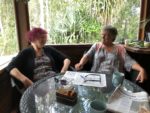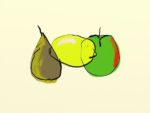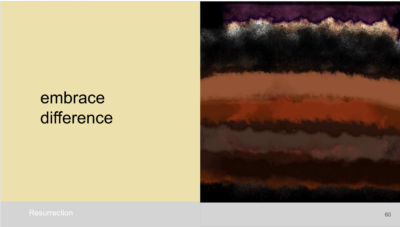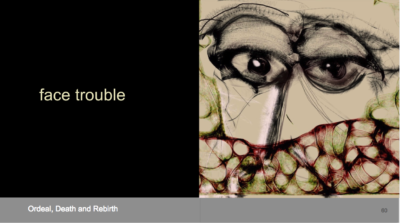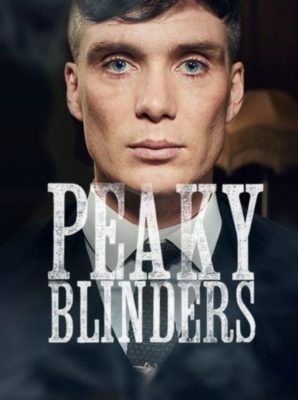Wikipedia:
However, in the sixth Theses on Feuerbach (1845), Marx criticizes the traditional conception of human nature as a species which incarnates itself in each individual, instead arguing that the conception of human nature is formed by the totality of social relations. Thus, the whole of human nature is not understood, as in classical idealist philosophy, as permanent and universal: the species-being is always determined in a specific social and historical formation, with some aspects being biological.
This shows how Marx is not part of the individualism – not surprising as individualism is something that arises most fully in the capitalist era. The roots are there in Christianity and Buddhism. It is with Marx we see a shift in consciousness.
This is part of a current wave of meditation I seem to be going through on human nature. I’ve been stuck by the two essentialisms: Humans are inherently greed or inherently good. Marx’s idea is very freeing… Humans are a product of their social conditions. And it makes sense of his thinking that different classes produce different ideas. Ideas grow out of practice in social conditions.
https://www.thedailybeast.com/communism-and-fascism-the-reason-they-are-so-similar
This is such a flawed way of seeing it – Pinker!
Related:
Moreno – roles create the personality. (Lynette Clayton)
Hendrix – the self is born in relationship.
It also relates to “truth” we find it in the ‘theatre of truth’ – theatre is social. Esp psychodrama.



